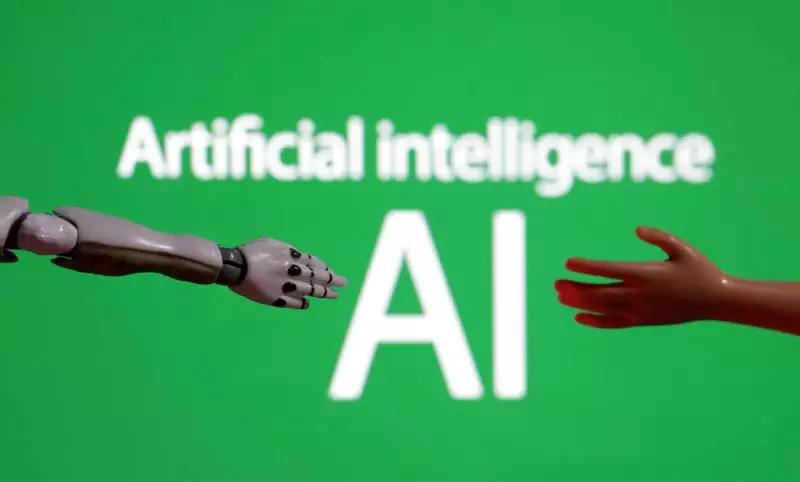The landscape of artificial intelligence is undergoing a profound transformation with the advent of what has been dubbed Agentic AI. As identified by analysts at BofA Global Research, Agentic AI is not just an enhancement of existing generative AI tools like chatbots or copilots; rather, it represents a groundbreaking evolution that introduces autonomous agents capable of making decisions and executing complex tasks without the need for continuous human oversight. This innovative category of AI encompasses advanced foundation models that serve as the underlying operating systems for these autonomous agents, allowing them to operate independently in various environments.
These next-generation AI systems possess remarkable reasoning abilities that enable them to foresee potential outcomes, learn from their interactions, and engage with other systems effectively to accomplish a vast array of tasks. Unlike their predecessors, which primarily reacted to set inputs, Agentic AI is inherently proactive, paving the way for solutions that can reach across multiple sectors and settings. From improving software engineering processes to enhancing logistics workflows, the applications of Agentic AI are broad and multifaceted, often requiring minimal intervention from human operators.
The rise of Agentic AI marks a significant acceleration in the evolution of artificial intelligence. Merely two years have passed since the launch of ChatGPT and the ensuing popularity of generative AI technologies, and already, this new wave signifies a paradigm shift towards systems that function as autonomous collaborators. BofA’s analysts herald this transition as more rapid than previous technological revolutions, like the widespread adoption of personal computers or the internet. This swift evolution underscores the potential that Agentic AI has to redefine operational paradigms in various industries, suggesting that the technological landscape may be on the brink of a corporate efficiency revolution.
The implications are staggering. The capability to deploy fully autonomous fleets composed of digital agents and robots could fundamentally transform sectors reliant on human labor. Industries such as manufacturing, logistics, customer service, and healthcare stand to experience immense improvements in efficiency and productivity. For example, companies like Amazon and DHL have demonstrated that by incorporating robots into their warehouse operations, they can achieve greater throughput and cost savings. As Agentic AI systems mature, their ability to autonomously manage intricate, open-ended tasks could further enhance the integration of AI into roles that have traditionally demanded skilled human judgment.
Challenges and Job Displacement
While the benefits of Agentic AI are enticing, the approach brings with it certain challenges that cannot be overlooked. The most pressing concern is the potential for job displacement—in both manual and cognitive labor sectors. Analysts at BofA have pointed out that, within just eight months of ChatGPT’s introduction, there was a noticeable decline in freelance roles associated with writing and programming due to the emergence of AI tools. The introduction of Agentic AI might drive this trend further, as its applications expand into fields such as construction, healthcare, and even creative domains.
This evolution presents a double-edged sword; while it may lead to reduced human labor requirements in various sectors, it is also likely to prompt innovation and create new economic opportunities. As these technologies continue to advance, the onset of thousands of AI-oriented startups can be anticipated. This influx will potentially give rise to scalable solutions across industries, reshaping business models and fostering the emergence of novel job categories over what is expected to be the next decade.
Despite the mixed bag of consequences tied to Agentic AI, there remains a consensus that we are far from reaching the zenith of the AI revolution. Instead, AI is entering a supercycle characterized by ongoing innovation. This new phase will drive the introduction of an array of sophisticated applications that we have yet to fully envision. As we move forward, economic growth is likely to experience profound transformations, resulting in revamped workforce dynamics, novel business frameworks, and enhanced overall productivity.
Agentic AI is not merely a technological enhancement; it is the herald of a profound transformation across industries. As we stand on the precipice of this new era, its nuanced impacts on employment, productivity, and economic structures are themes deserving careful consideration. Engaging with these developments thoughtfully will be critical as we navigate the future that Agentic AI promises to bring.

